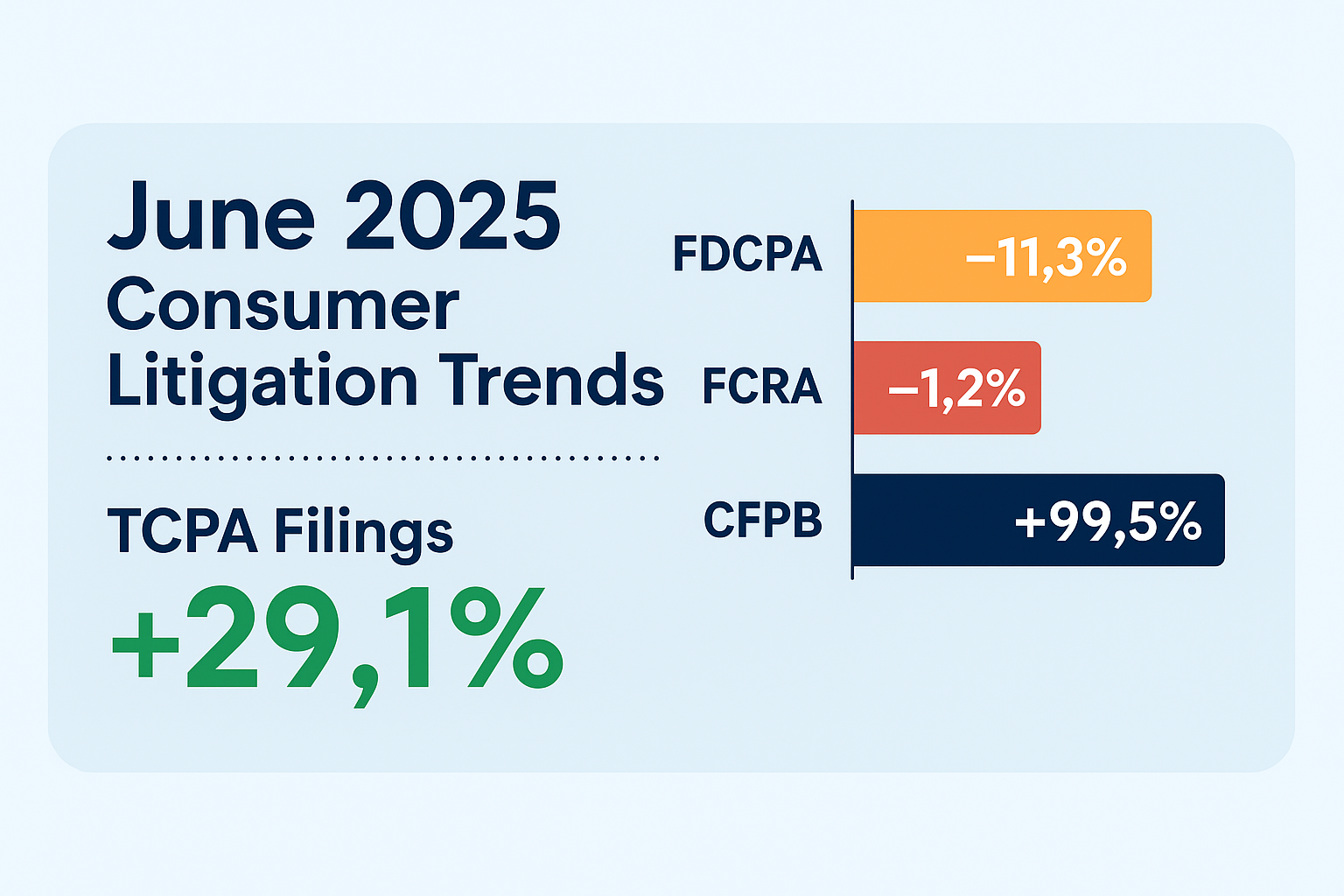The Impact of Colorado’s Holiday Pay Mandate on the Telecommunications Industry
When the Colorado Supreme Court ruled that holiday incentive pay must be included in the calculation of the “regular rate of pay” for overtime, it sent ripples across industries. For the telecommunications service provider (TSP) stack industry, which thrives on a robust and diverse workforce, this decision carries profound implications for compliance, customer experience, and workforce management.
This blog delves into how the ruling affects TSP companies, offering insights into regulatory challenges, customer engagement strategies, and the broader operational impact.
Regulatory Compliance in the Wake of the Ruling
The Hamilton v. Amazon.com Services LLC case clarified a critical distinction between “holiday pay” (compensation for non-work hours) and “holiday incentive pay” (wages for working on holidays). The ruling mandates that holiday incentive pay must be factored into the regular rate when calculating overtime for non-exempt employees.
For TSP companies, compliance with this ruling requires:
- Policy Review and Updates: Companies must redefine holiday pay structures and clearly differentiate between holiday pay and incentive pay.
- Payroll System Adjustments: Automation tools in Operational Support Systems (OSS) and Business Support Systems (BSS) must be reconfigured to calculate overtime accurately under Colorado law.
- Training for HR and Payroll Teams: Teams must stay abreast of state-specific labor laws, which now diverge from federal standards like the FLSA.
These compliance measures are essential to avoid legal risks while demonstrating good faith adherence to worker-friendly regulations.
Implications for Employee Engagement and CX
Telecommunications companies often operate 24/7, especially in roles like network maintenance, customer support, and service provisioning. The ruling provides an opportunity to enhance employee satisfaction, which directly impacts customer experience (CX).
- Workforce Morale: Including holiday incentive pay in overtime calculations rewards employees working during holidays, boosting morale and reducing turnover.
- Service Quality: A motivated workforce ensures high-quality customer interactions and consistent service delivery, essential in both B2B and B2C telecommunications contexts.
- Flexible Scheduling: By leveraging AI-driven workforce management tools, TSPs can optimize shift allocation, ensuring fair pay practices while maintaining service efficiency.
The Economic and Operational Impact
The financial implications of the ruling extend beyond payroll. TSP companies must recalibrate their budget allocation, considering the increased costs of compliance. However, there’s an opportunity to turn challenges into strategic advantages.
- Cost Management: Companies can use Telco Cloud solutions and Cell-Stack tools to streamline operations and offset increased labor costs. For instance, automating network maintenance reduces dependency on human resources during peak holiday periods.
- AI and Predictive Analytics: Deploying AI to predict network demand ensures optimal resource allocation, reducing the need for overtime during holidays.
- Enhanced Employee Retention: Transparent and fair pay policies position companies as desirable employers, reducing costs associated with hiring and training.
What’s Next for Telecommunications Providers?
The Colorado ruling signals a broader trend towards more worker-friendly policies at the state level. TSPs must proactively adapt to evolving regulations while maintaining competitive CX strategies. Here’s what’s coming:
- Increased Scrutiny: Regulatory bodies are expected to ramp up enforcement, particularly in industries with complex scheduling like telecommunications.
- Expansion of Pay Equity Initiatives: Other states may adopt similar rulings, requiring multi-state TSPs to align their policies nationally.
- Technological Innovations: OSS/BSS platforms will integrate compliance features, making it easier for companies to adapt to regulatory changes.
How Telecommunications Providers Can Lead
Adapting to the Colorado ruling presents an opportunity for TSPs to lead with integrity and innovation. Here’s how:
- Educate Your Workforce: Clear communication about pay structures fosters trust and transparency.
- Invest in Technology: Enhance OSS/BSS systems to ensure seamless compliance and efficient operations.
- Focus on Employee-Centric Policies: Retaining talent by offering competitive incentives during holiday shifts ensures long-term business success.
As the telecommunications industry evolves, balancing regulatory compliance, operational efficiency, and customer engagement will define the leaders of tomorrow.
Sources
www.coloradojudicial.gov/system/files/opinions-2024-09/24SA12.pdf
www.fortislawpartners.com/blog/inclusion-of-holiday-incentive-pay-in-overtime-calculation/
www.jacksonlewis.com/insights/recent-court-ruling-creates-holiday-incentive-pay-twist-colorado-employers



